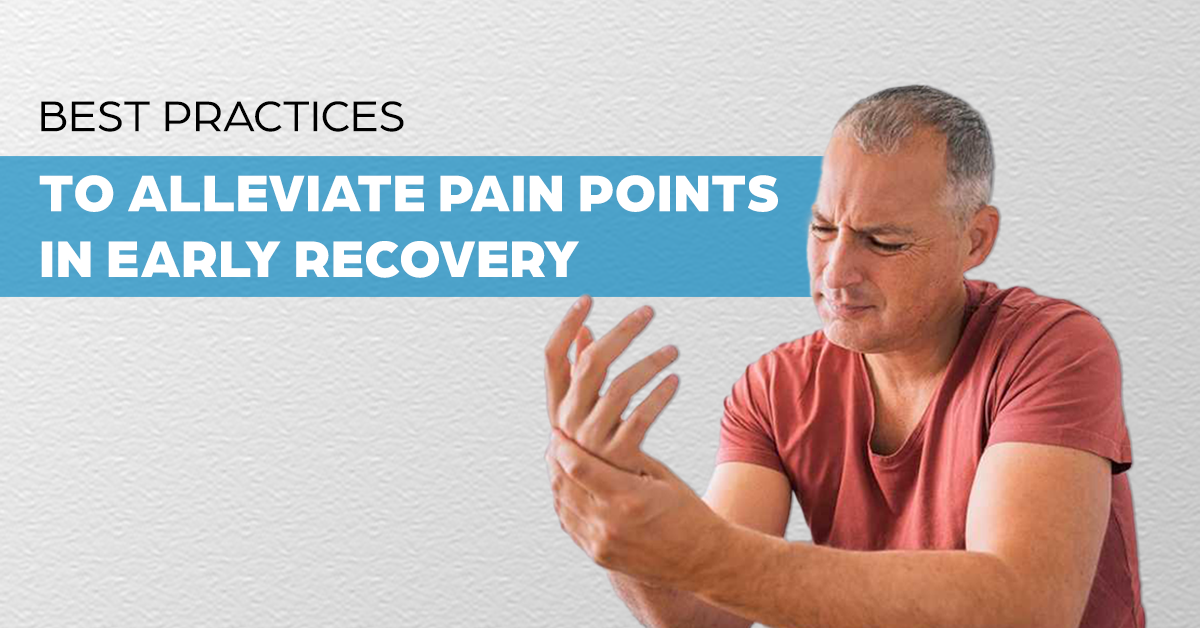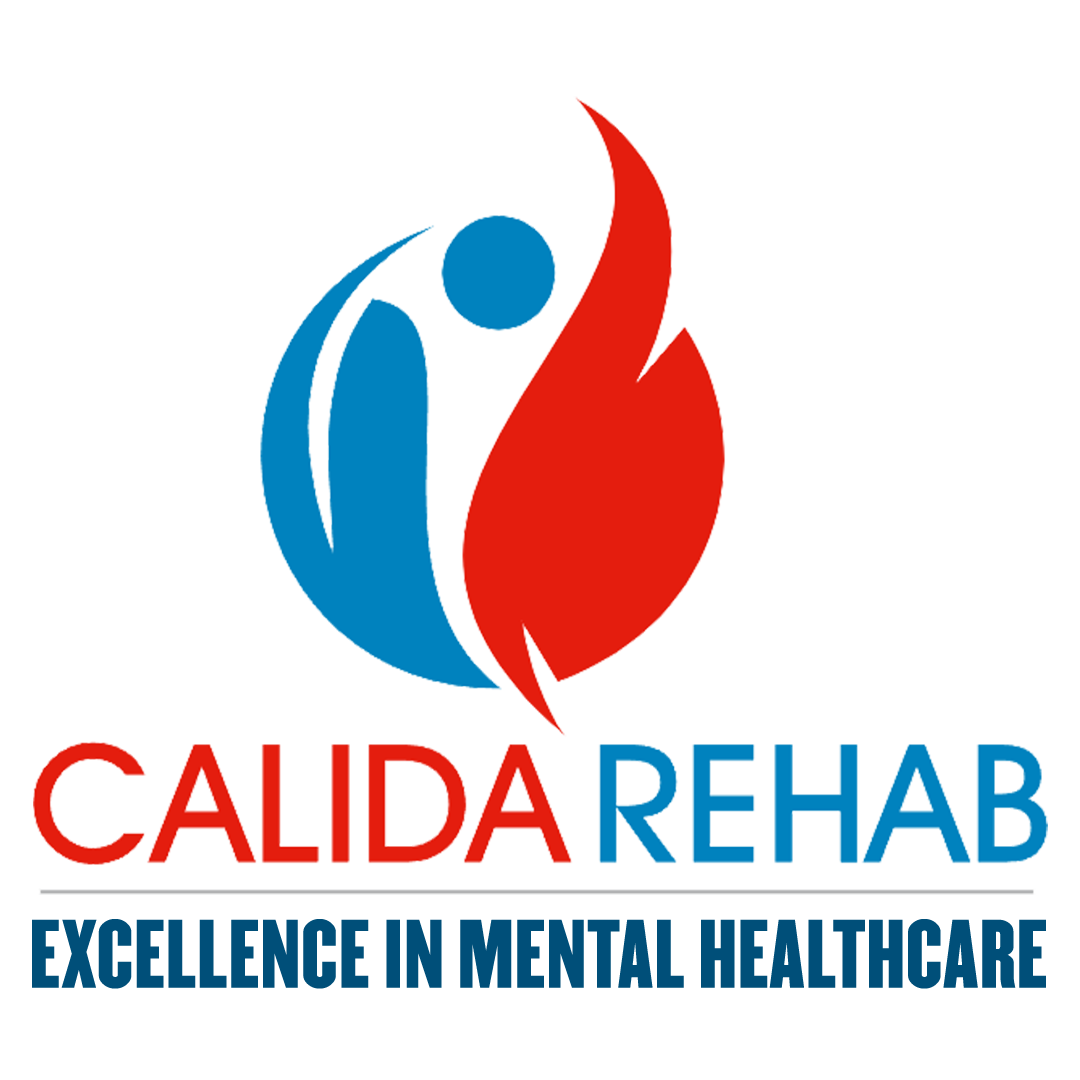
Best Practices to Alleviate Pain Points in Early Recovery
Recovery from addiction or mental health challenges is a transformative but often difficult journey. The early stages are marked by various physical, emotional, and psychological pain points that can feel overwhelming. However, with a structured approach, effective strategies, and support from professionals, you can navigate early recovery successfully.
In this article, we will address the most common pain points individuals face during early recovery and provide best practices to alleviate them. Whether you’re undergoing treatment at a rehabilitation center in Pune, an alcohol rehabilitation center in Mumbai, or through online counseling, these tips will help ease your transition into long-term healing.
Understanding Pain Points in Early Recovery
Recovery is a unique experience, and the challenges may vary from person to person. Below are the most common pain points during early recovery and their impacts:
-
Physical Withdrawal Symptoms
What Happens: Symptoms like nausea, headaches, muscle pain, fatigue, insomnia, and restlessness are common during the detox phase.
Impact: These symptoms can make it hard to stay focused on recovery and lead to cravings for substances to alleviate the discomfort.
-
Emotional Struggles
What Happens: Recovery often brings intense emotions such as anxiety, guilt, irritability, and mood swings.
Impact: These feelings can make you doubt your decision to quit and lead to emotional burnout.
-
Psychological Cravings
What Happens: Even after detox, cravings for alcohol or drugs persist due to psychological triggers.
Impact: Cravings can increase the risk of relapse and derail the recovery process.
-
Loneliness and Isolation
What Happens: Many individuals feel disconnected from friends and family during recovery, especially if they’ve experienced strained relationships.
Impact: Isolation can trigger depression and a sense of hopelessness.
-
Lack of Structure
What Happens: With old habits disrupted, many struggle to create a new daily routine or fill the void left by substance use.
Impact: Unstructured time can lead to boredom, negative thought patterns, and relapse.
Best Practices to Alleviate Pain Points in Recovery
Whether you’re receiving care at a mental health treatment center in Mumbai, a drug addiction treatment facility in Pune, or are participating in an online counseling platform, these practices can make a significant difference.
1. Managing Physical Withdrawal Symptoms
Best Practices:
- Seek Professional Support: Enroll in a medically supervised detox program at a top rehab center in Mumbai or Pune to ensure safe management of withdrawal symptoms.
- Stay Hydrated and Nourished: Consume nutrient-rich meals, including fresh fruits, leafy greens, and lean proteins, to replenish your body.
- Physical Care: Take warm baths, use heating pads for sore muscles, and practice light exercises like yoga to relieve discomfort.
- Medication Support: Work with your healthcare provider to explore medications that ease symptoms such as nausea or insomnia.
Example: Calida Rehab in Pune and Karjat offers personalized detox programs under expert supervision to manage withdrawal symptoms effectively.
2. Coping with Emotional Struggles
Best Practices:
- Therapy and Counseling: Engage in therapy sessions with a psychologist in Mumbai or Pune to address anxiety, guilt, and emotional triggers.
- Mindfulness and Meditation: Practice mindfulness techniques such as deep breathing and guided meditation to calm your mind.
- Journaling: Writing down your emotions can help you process them and identify patterns.
- Join Support Groups: Participate in support groups like Alcoholics Anonymous (AA) or Narcotics Anonymous (NA) to share your experiences and gain encouragement.
Example: Centers like Calida Rehab provide holistic mental health treatment programs that combine therapy with mindfulness practices to help you regain emotional balance.
3. Overcoming Psychological Cravings
Best Practices:
- Identify Triggers: Work with your counselor to identify the situations, emotions, or people that trigger cravings.
- Develop Distraction Strategies: Redirect your focus by engaging in productive activities such as exercise, art, or gardening.
- Craving Journals: Track cravings in a journal to recognize patterns and implement coping strategies.
- Relapse Prevention Plans: Collaborate with a rehab center in Mumbai or Pune to create a structured relapse prevention plan.
Example: The addiction recovery centers in Mumbai focus on personalized relapse prevention strategies tailored to your needs.
4. Addressing Loneliness and Isolation
Best Practices:
- Reconnect with Loved Ones: Share your recovery goals with family and friends to rebuild trust and connection.
- Build New Relationships: Attend events, join hobby groups, or participate in activities where you can meet supportive individuals.
- Volunteer or Help Others: Acts of kindness can create a sense of purpose and reduce feelings of loneliness.
- Stay Connected Online: If you cannot physically attend groups, consider online counseling programs to stay engaged.
Example: Daycare mental health services in Mumbai offer group therapy and community-building activities to combat isolation.
5. Creating Structure in Daily Life
Best Practices:
- Design a Routine: Include time for therapy, hobbies, meals, exercise, and relaxation.
- Set Short-Term Goals: Break down your recovery journey into smaller, achievable goals to stay motivated.
- Productive Use of Time: Use free time to learn new skills, read self-help books, or explore creative outlets.
- Consistency is Key: Stick to your routine to create positive habits and avoid negative thought patterns.
Example: Luxury inpatient rehab centers in Mumbai and Pune focus on creating structured schedules for patients to promote long-term success.
Additional Tips for Long-Term Recovery
- Holistic Healing: Consider holistic therapies like acupuncture, aromatherapy, or hyperbaric oxygen therapy to enhance physical and mental well-being.
- Family Counseling: Involve your family in the recovery process through family counseling for addiction to repair strained relationships.
- Celebrate Successes: Acknowledge your progress—whether it’s one day, one week, or one month of sobriety—to build confidence and momentum.
Final Thoughts
Early recovery is a challenging but rewarding journey. By following these best practices, you can address the pain points associated with withdrawal, cravings, and emotional struggles. Whether you’re receiving care at a psychiatric rehabilitation center in Pune, an alcohol de-addiction center in Mumbai, or via online therapy, the key is to remain consistent, patient, and hopeful.
If you’re searching for professional support, explore the best rehab centers in Mumbai and Pune like Calida Rehab to begin your journey toward a healthier, addiction-free life. Start your recovery today and reclaim your future!
